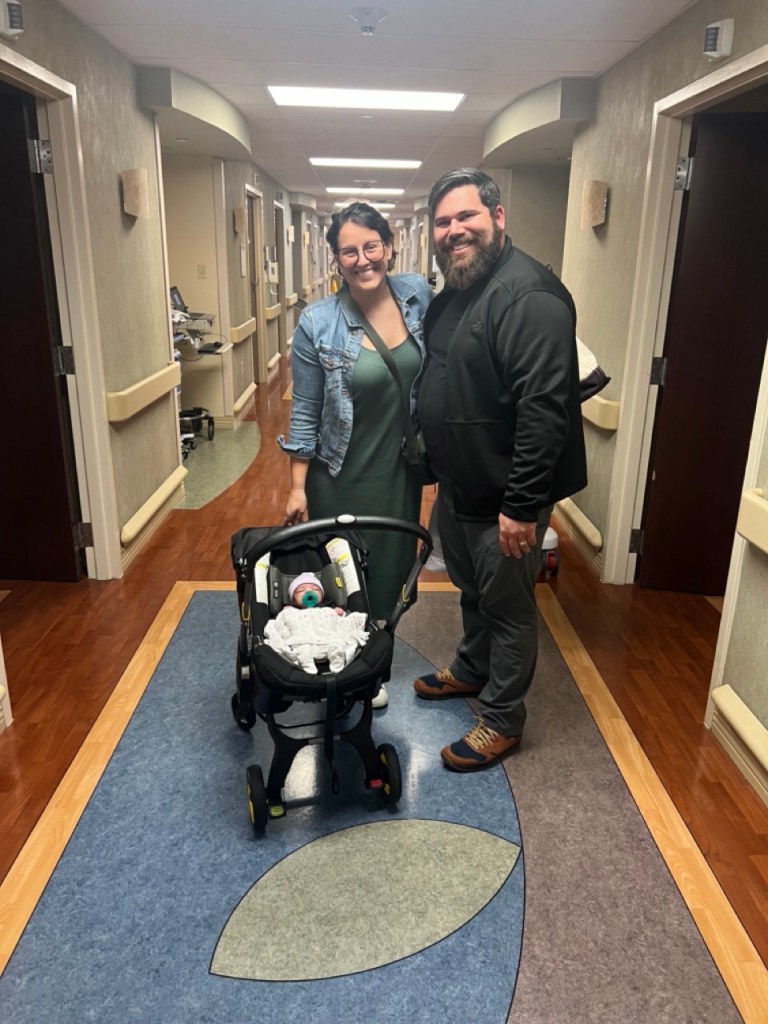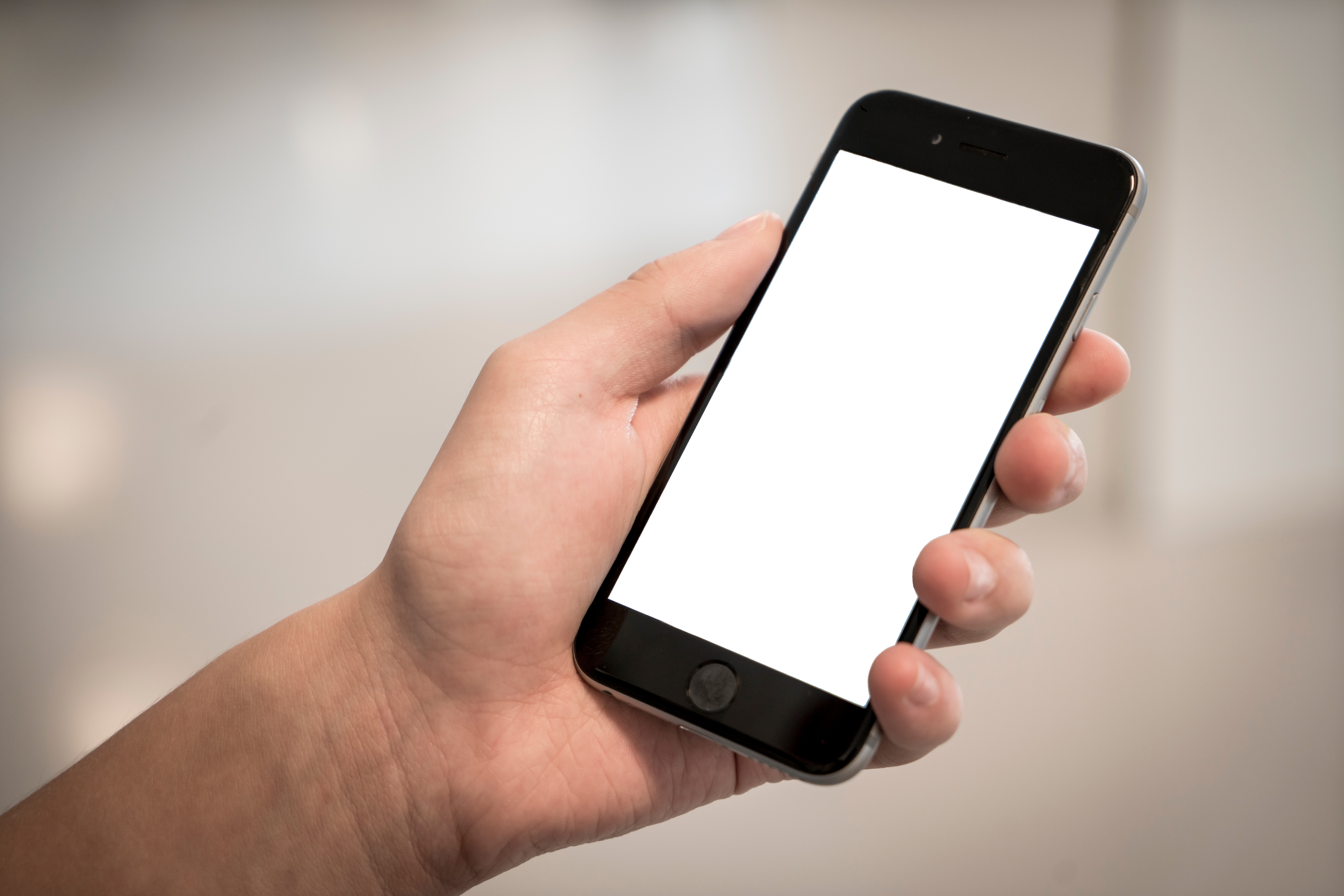Colossians 1:3-6 We always give thanks to God, the Father of our Lord Jesus Christ, when we pray for you. We’ve done this since we heard of your faith in Christ Jesus and your love for all God’s people. You have this faith and love because of the hope reserved for you in heaven. You previously heard about this hope through the true message, the good news, which has come to you. This message has been bearing fruit and growing among you since the day you heard and truly understood God’s grace, in the same way that it is bearing fruit and growing in the whole world.
If you look up liturgy on a dictionary website, you’ll get a bunch of stuff about a church rite. Which is mostly how that word is used, I suppose. But if you ask any church nerd, the word comes from words in Latin (which come from words in Greek) that literally mean “the work of the people.” Which is why we use it most often for the parts of a church service that are some sort of call and response; because the people are sharing in the leadership.
This last week was the annual meeting of the Texas Annual Conference of The United Methodist Church. No, it’s not a good idea to name a geographic area an “Annual Conference,” but we did it a long time ago and church folk hate changing names that are unhelpful once they’re used to them. But some really wild things happened that were just lovely and I wanted to write something about them.
Many of you know that last Summer I took a three month sabbatical, in which I was doing some deep reflection on my call, what service to God looks like, attending to my own spiritual practices and health, and generally unplugging from church world a bit. So I was more or less absent from our Annual Conference meeting, which was the first one since the season of disaffiliation/schism/nastiness. Which meant this was my first Annual Conference in the new world of the UMC. And it was weird.
For my first decade of ministry, Annual Conference was a room of political war games. Trying to figure out what different folks were trying to accomplish, trying to get things to work differently and better, trying to get folks interested in a shared and more inclusive future elected to key positions, and generally wheeling and dealing and running around and being “on” for 3 days. On multiple occasions this week, I walked into the sanctuary of First UMC Houston where we were meeting and instinctively scanned the room looking for some sort of place I was needed to talk tactics or convince someone to do something. And you know what? I never needed to do any of that. Like I said, weird. But also beautiful and wonderful and life-giving. But that’s all secondary to what I’m actually wanting to write about.
On the last day of our meeting, we came to a point in the day in which the floor was opened for nominations to serve on general church boards and agencies. If you are not deeply versed in United Methobabble, we have a bunch of committees and groups called agencies, and each of them is led by a group of United Methodists from around the country and world who help shape their work. For as long as I have been a part of the Texas Conference, who would be asked to serve in these places was a foregone conclusion, decided by a couple dudes in a room someplace. But that’s not how we do things anymore. In addition to all the folks who are a part of our delegation to General Conference, anybody else from our churches was eligible to be nominated to be considered to serve on these teams.
We probably didn’t need to nominate anyone, as we are unlikely to get more than a handful of people from our conference on these committees that include representatives from around the UMC world. But sometimes the right folks do manage to get onto those committees even if they aren’t already delegates to General Conference, so it made sense for us to nominate a few more people to ensure we had a nice broad pool of people for leaders to consider.
People poured down the aisles to the microphones and nominated over 50 people. They nominated clergy people and laypeople, youth and adults, queer folks and straight folks, rural people, suburban people and urban people, experienced leaders and people new to this world. They nominated their friends or people they admired. Was it the most strategic way to utilize this time? Maybe not. But was it the holiest way to utilize this time? Most definitely.
Because you see, for many years, every decision about who got to be considered in these sorts of roles was incredibly calculated and controlled by a handful of people engaged in a decades-long fight about who should lead the UMC. But this year, because of the spirit of the conference, the changes to who is around the table, and most importantly the work of the Spirit, we all felt like the table had room for us. So people rushed down those aisles to the microphones to say enthusiastically “this church is for all of us!”
Will all of the 50 people nominated get a seat on a board or agency? Not hardly. But they can. And that in and of itself is a beautiful, wonderful thing.



